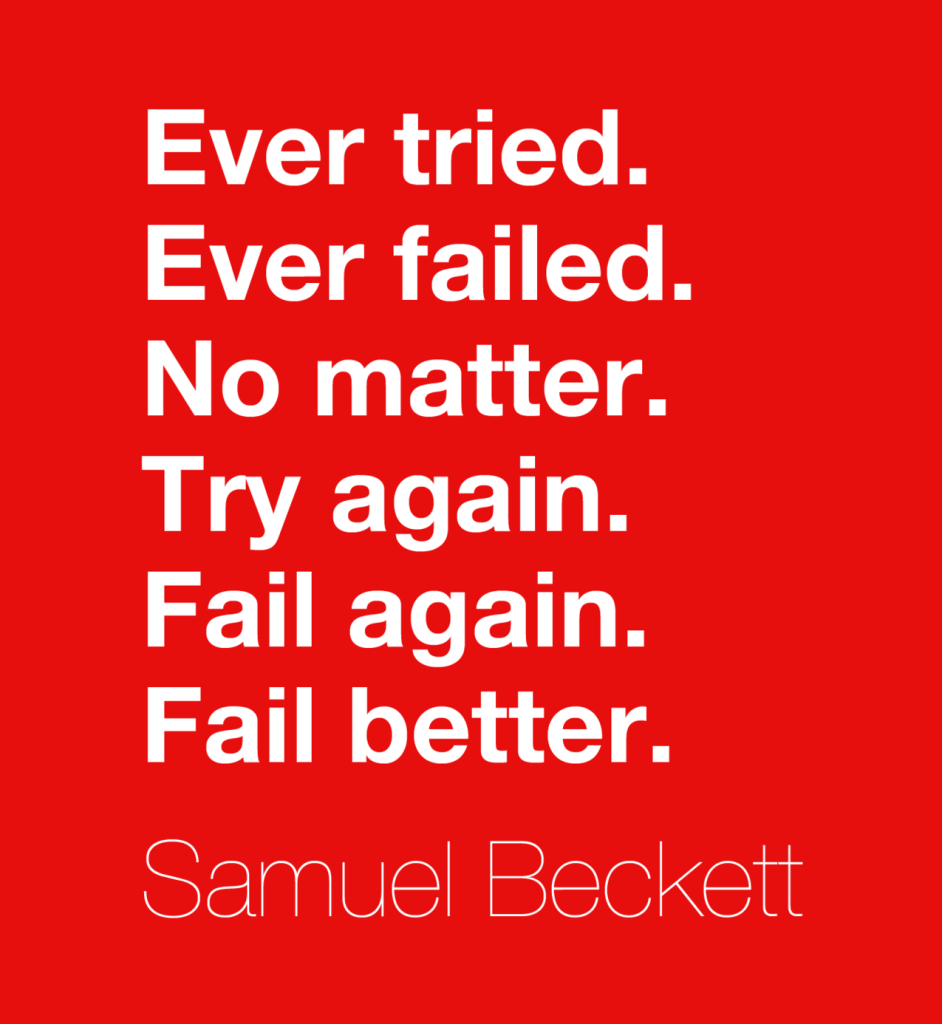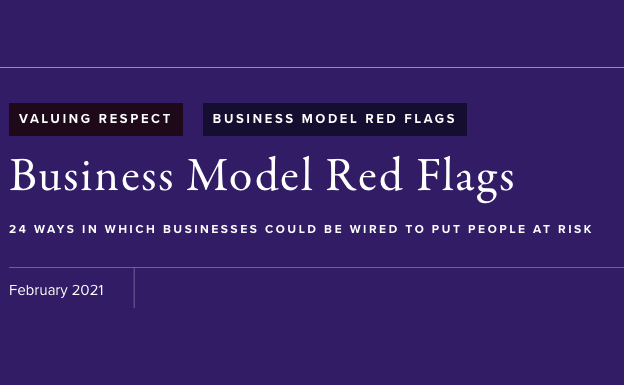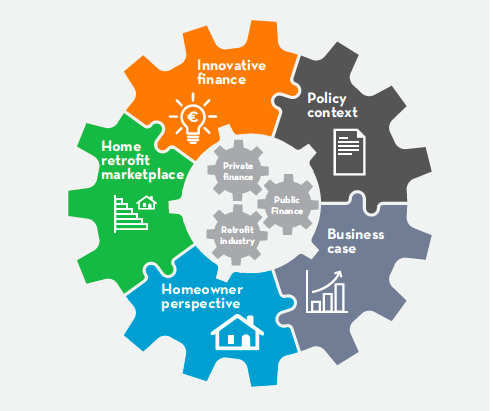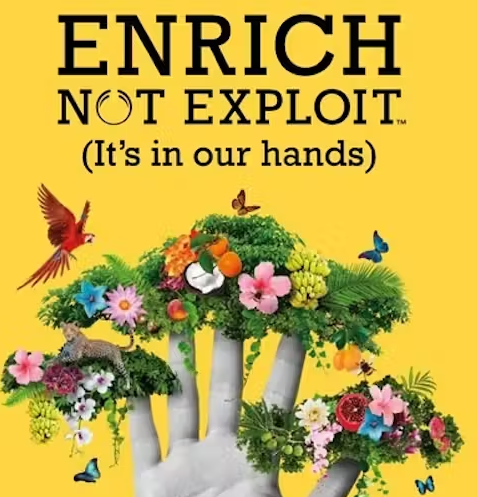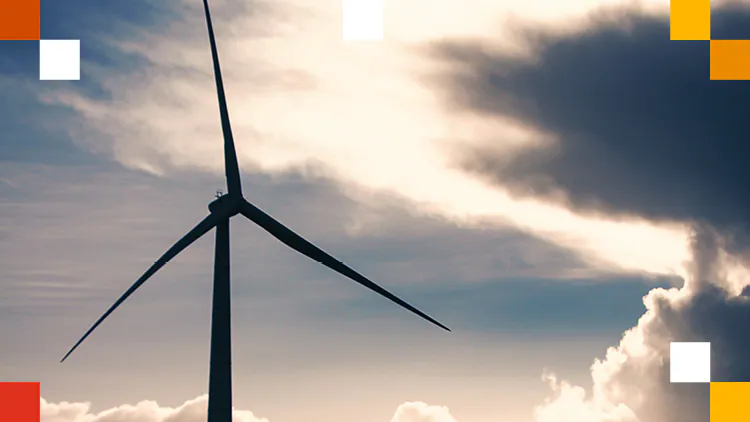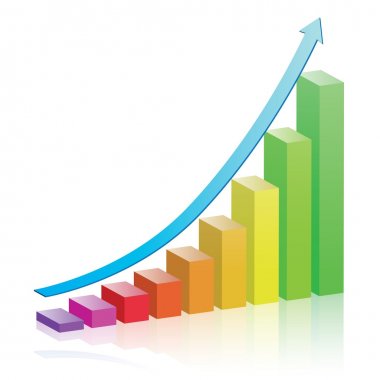SW News
Time for Radical Transparency

Time for Radical Transparency
In our last newsletter we talked about the fact that when it comes to creating a sustainable world, the why is crystal clear, the what and how are understood, and all that’s left is the will to implement solutions and ‘just do it.’
As anyone working in innovation will know, when developing solutions you’ve got to move from theory to practice as early as possible, because it’s only by trying something out that you truly learn what works and what doesn’t. You need to prototype, test, refine. Then scale.
But one of the risks when it comes to climate solutions is that the narrative companies put out there about what they’re doing is not always accurate. This can result in greenwashing: people claiming their actions are ‘green’ when it’s really just business-as-usual. Unfortunately there is plenty of it going on, as this recent review of 500 corporate websites showed.
The antidote to greenwashing is radical transparency. This can come from companies themselves being honest about their challenges and shortcomings, as some brave businesses are. But let’s face it: most corporate PR teams aren’t too keen on publicising failures! So we need other mechanisms to keep businesses in check, such as mandatory, verified reporting, and tools like the EU Green taxonomy that clearly define what is ‘green’ and what is not.
While the risk of greenwashing is certainly there, we at SustainabilityWorks would still much prefer to see people diving in and taking imperfect action, rather than sitting on the fence and pondering perfect theories. We simply don’t have the time. So to all you brave people and businesses taking the plunge, we salute you, we support you and we urge you to keep trying to move forward as fast as you can. Just beware of the greenwash and be radically transparent. No one can fault you for that.
Our February Top 5
- Climate Jargon Buster: There’s a huge amount of jargon around climate change, so to help decode it, a friendly climate jargon buster website has been produced in collaboration with young Irish people from Comhairle na nÓg. Brilliant. (gov.ie)
- The Role of Business in Climate Change: this is an excellent summary of what was discussed at the FT’s Future Forum event late last year. It was published in Dec but we only spotted it in Feb so we snuck it in! The conclusion is a three point action plan for companies: listen to your customers, engage the full Exec team, and consult employees because they are your business’s next generation of leaders and they will leave if they don’t see change. (FT.com)
- VEJA – CO2 emissions: this superb article by sustainable footwear company VEJA describes the effort and resources required to accurately measure the company’s whole carbon footprint. It discusses the challenges with Scope 3 emissions and VEJA’s commitment to accurate reporting and continuous improvement. (Veja website)
- Kering on biodiversity loss: Fashion often gets criticised for its role in biodiversity loss due to its use of leather, fur and so on. Luxury group Kering, which owns brands like Gucci, YSL and Puma, has developed a strategy for reducing negative biodiversity impact, which will hopefully encourage others in the industry to follow suit. (Triple pundit)
- Central Bank clamping down on greenwashing: More than €3.2 trillion of international assets are currently domiciled in Irish funds and the figure is set to increase to €5 trillion by 2025. This article talks about how the Central Bank of Ireland plans to significantly increase scrutiny on the funds and firms claiming to offer green investments. (IrishTimes.com)
No More Boring Sustainability Comms
“The proliferation of ineffective communications is holding sustainability back in its most critical decade. There is no more time for boring, beige writing.”
Fighting talk from UK comms agency Radley Yeldar, which has published a report called ‘Words that work: effective language in sustainability communications.’ It highlights the clichés and jargon that permeate much of today’s corporate sustainability comms (see the part on ‘Stock sustainability’ – so true!) and gives examples of companies that are managing to avoid being bland and tell a story that is unique, thoughtful and compelling. A great resource to have to hand when you’re next updating your sustainability policy, webpage or report.
B-Corp – Helping Consumers Buy Better
Online supermarket Ocado in the UK has created a ‘virtual aisle’ featuring over 1,000 products from brands that are certified B Corps, including Ella’s Kitchen, Innocent, Teapigs and most recently Brewdog. The move is in response to consumers increasingly looking for more sustainable groceries.
As many of you will know, B Corp is a holistic sustainability certification that requires a company to demonstrate high standards in terms of treatment of workers, environmental impact, community impact and governance. There are currently four certified B Corps in Ireland: Urban Volt, Danone Dairy Ireland, Cully & Sully, and most recently in 2021, Vagabond Tours (congrats Rob & team!). SW is currently working with several purpose-driven companies who hope to join their ranks in the future.
Spotting Human Rights Red Flags
Understanding the risk of modern slavery in their operations and supply chain is something that many companies are still getting to grips with. To help them, a new resource called ‘Valuing Respect’ has been launched by human rights organisation, Shift. It includes a set of business model ‘red flags’ to enable business leaders, investors and regulators understand where human rights risks might exist across a business’s value chain. With the ‘S’ in ESG rightly getting much more attention of late, this is a resource that every responsible business should be looking at.
Sustainability Support for SMEs
In case you missed it when it was launched in early February, check out our report on Financing Energy Efficiency in the residential sector in Ireland. Supported by the SEAI, the report is a comprehensive handbook for banks and finance providers. It aims to give them the information they need to be able to quickly develop and scale effective new products and solutions that will see Irish homes get the deep energy makeovers they need to be fit for a low carbon future.
What We’re Listening To
‘Talking Responsibly’ is a new podcast where hosts David Hickey and Adam Matthews interview a range of special guests and discuss “what is gamechanging, what is significant and what is quite frankly irrelevant” in the world of responsible investing. Each episode includes a book of the week recommendation by friend of SW, the brilliant Rory Sullivan of Chronos Sustainability. We really enjoyed the first episode and are looking forward to the rest.
What We’re Watching
This short video of Dr. Mike Ryan, Executive Director of the World Health Organisation, went viral during February. It was originally shared on Trocaire’s Twitter page and has been viewed over 1.3 million times. In it Dr. Ryan says: “We are pushing nature to its limit. We’re pushing population to its limit. We’re pushing communities to their limits… We are creating the conditions in which epidemics flourish….We’re writing cheques that we cannot cash as a civilisation for the future, and they’re going to bounce….We need sustainable growth….We need sustainable livelihoods for our people.”
Our takeaway is that yes, his message is stark, but it is a reminder that the science of climate change and biodiversity loss is accurate and that we in our respective roles and businesses have an opportunity and a responsibility to halt the next crisis.
Sustainability Jobs
Lots of great sustainability job opportunities up for grabs at the moment:
- Sustainability & ESG Senior Manager – Davy
- Sustainability Data and Insights Manager – Logitech
- Sustainability Advisor – KBC Bank
- Sustainability Manager – Applegreen
- Product Sustainability Coordinator – Pennys
- Head of Policy Change – Friends of the Earth Ireland
- Accounts and Administration Officer – Friends of the Earth Ireland

